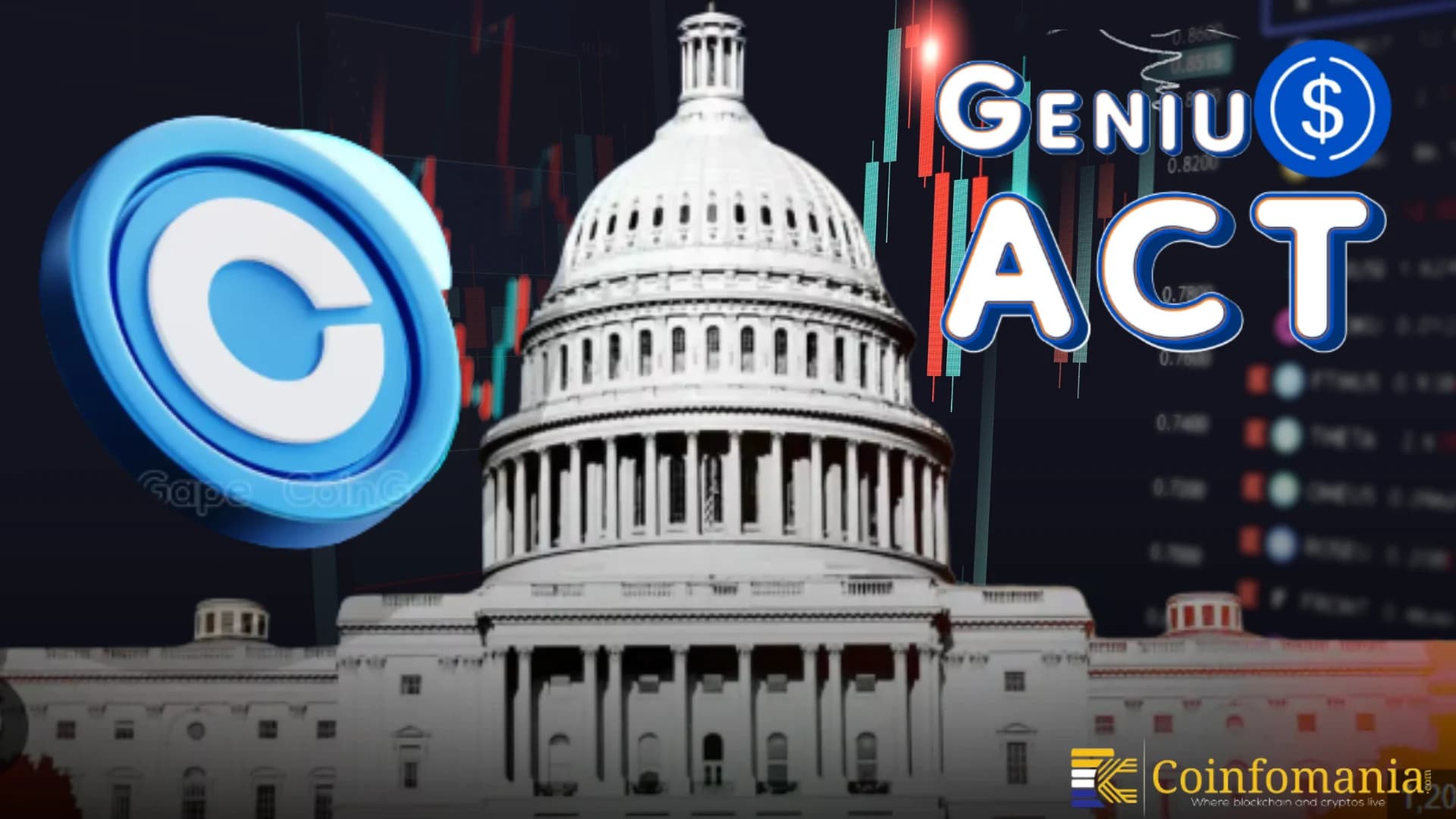Coinbase Advocates for "Versatility and Competitiveness" in GENIUS Act Stablecoin Implementation

Coinbase has officially submitted its response to the U.S. Department of the Treasury's request for comments regarding the implementation of the Guiding and Establishing National Innovation for U.S. Stablecoins (GENIUS) Act. The cryptocurrency exchange emphasized the legislation's potential to establish the U.S. as a global leader in crypto and stablecoins.
Faryar Shirzad, Coinbase's Chief Policy Officer, stated in a social media post, "> Our message is simple: GENIUS is landmark legislation designed to make the US the undisputed global leader in crypto and stablecoins. To make that happen, the implementing regs must stick to the clear intent of the bill text and must ensure that US-issued stablecoins have the versatility and competitiveness needed to become the world's dominant payment and settlement instrument." This highlights the company's focus on practical and adaptable regulations.
The GENIUS Act, signed into law by President Donald J. Trump in July 2025, creates the first federal regulatory framework for payment stablecoins. This landmark legislation mandates 100% reserve backing with liquid assets like U.S. dollars or short-term Treasuries, alongside requirements for monthly public disclosures of reserve composition. The Act aims to ensure stability, consumer protection, and combat illicit activities within the digital asset space.
The Treasury Department issued an Advance Notice of Proposed Rulemaking (ANPRM) in September 2025, inviting public input on the implementation of the GENIUS Act. This period allows stakeholders to contribute to shaping the regulations that will govern stablecoin issuers, including aspects related to capital, liquidity, risk management, and anti-money laundering measures.
Coinbase's submission specifically advocates for regulatory interpretations that foster innovation and allow U.S.-issued stablecoins to compete effectively on a global scale. The company has previously proposed allowing non-issuers to offer stablecoin interest, differentiating from the ban on interest payments for stablecoin issuers themselves, to enhance market activity and utility. Other industry players, such as Circle, have also provided comments, stressing the need for consistent rules across all types of stablecoin issuers to prevent regulatory arbitrage.